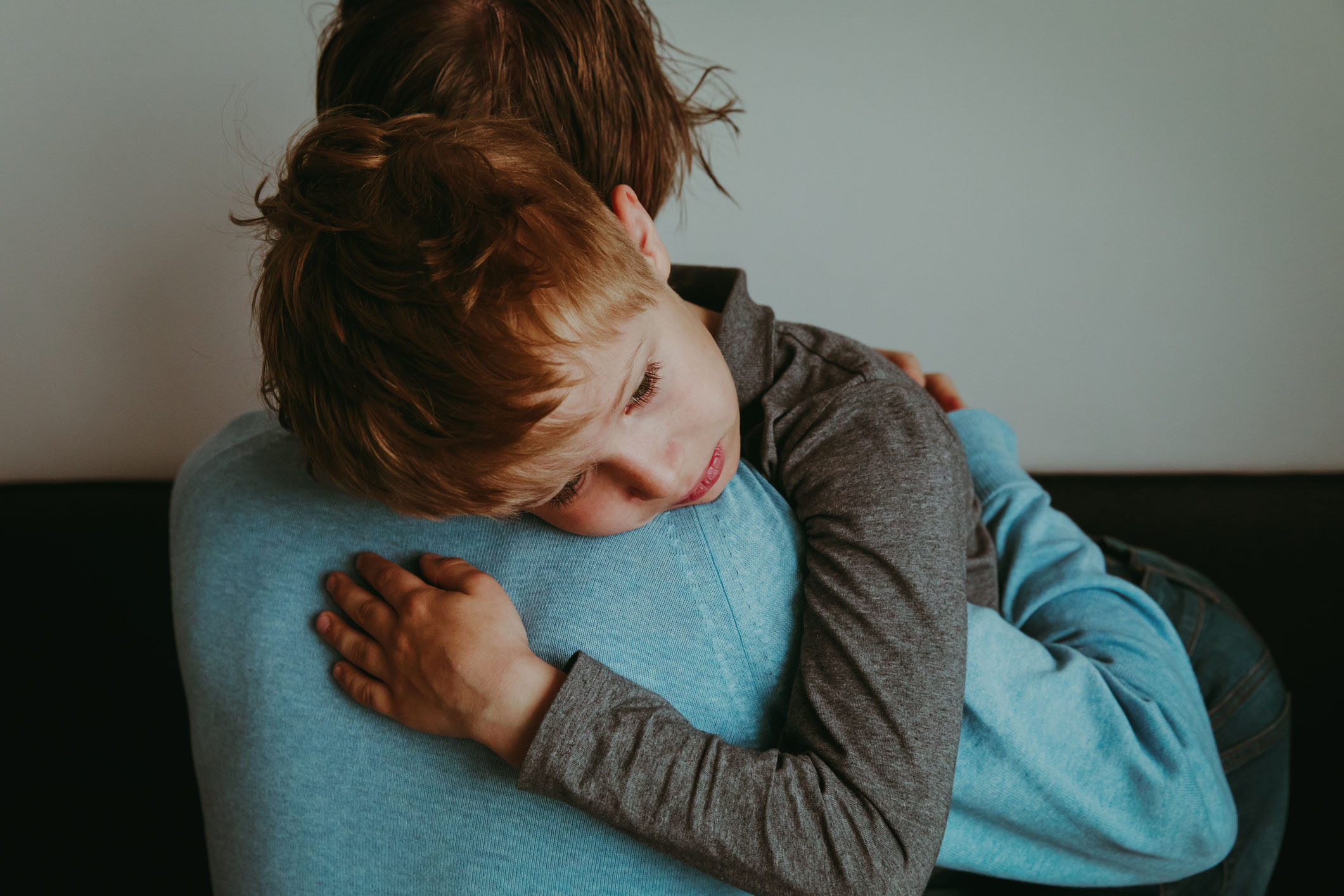Separation and divorce can be especially difficult if you have children. Every decision you make will have an impact on the children and their needs. We would always urge parents to prioritise the children when thinking about their divorce. This mindset generally means that the divorce and separation will have a better outcome for all parties. Many parents worry about having to tell their children that they are separating. In our experience if both parents can discuss and support their children it will make the process much easier. Children are very resilient – they often know a lot more about what is happening in the home than the parents first believed and are often relieved that something is being done to resolve the tensions in the home.
Since the Children’s Referendum in 2012, courts must hear and consider the views of children in proceedings which affect them. In most cases the voice of the child is articulated by the parents to the judge. If however there is a conflict between the parties as to what is best for the child or what they believe the child wants then the judge can order what is known as a Section 47 Report.
Section 47 Report
A section 47 report is a report ordered by a judge and carried out by a child psychologist. These reports aim to bring the children’s wishes and views to the attention of the court. The psychologist will meet with the children and parents, as part of this process. They may also meet with siblings or child care/school teachers and sometimes the GP. The psychologist will provide an insight into the family structure and set up for the judge, and also provide professional recommendations on access and custody in each individual case. The child psychologist will also look at whether there is parental alienation or coaching of the child at play.
Section 32 Report
This type of report is more common in the District Court. They are commonly referred to as a “Voice of the Child” Report. This report usually just focuses on the child’s opinion only.
Can a Judge speak directly to a child?
Judges can speak directly with children but it depends on the age of the child and the particular circumstances of the case. If the child speaks to the judge it will usually be done in private away from the parents.
Are the wishes of the child the primary deciding factor in custody and access cases?
The voice of the child is a crucial part of the decision making process however it is not always the deciding factor. The Court must decide what is in the best interest of the child.

